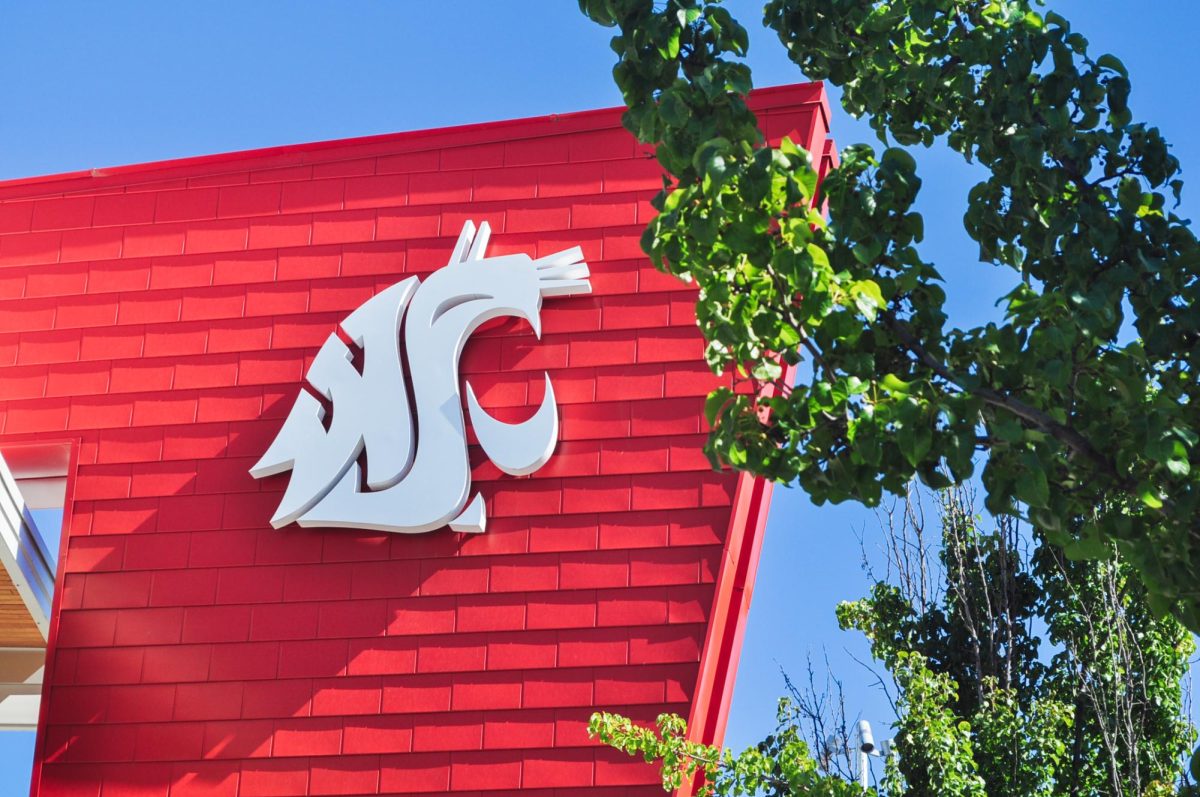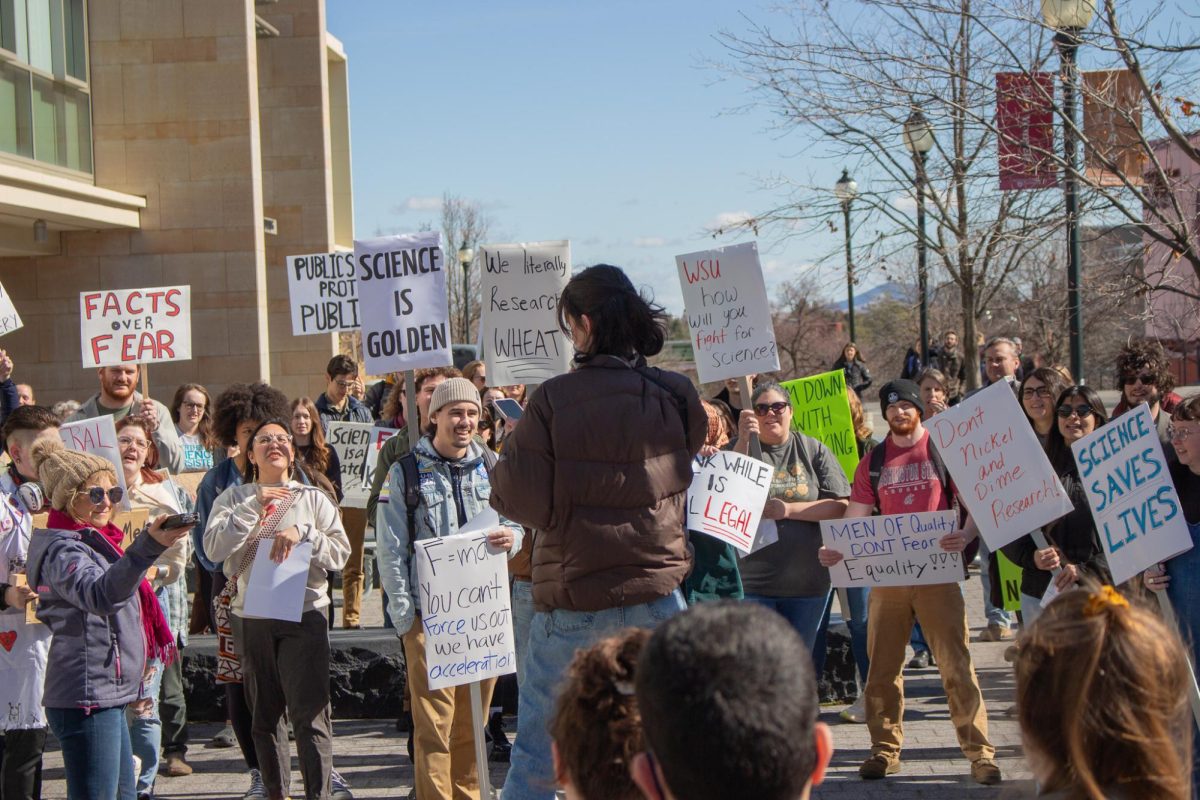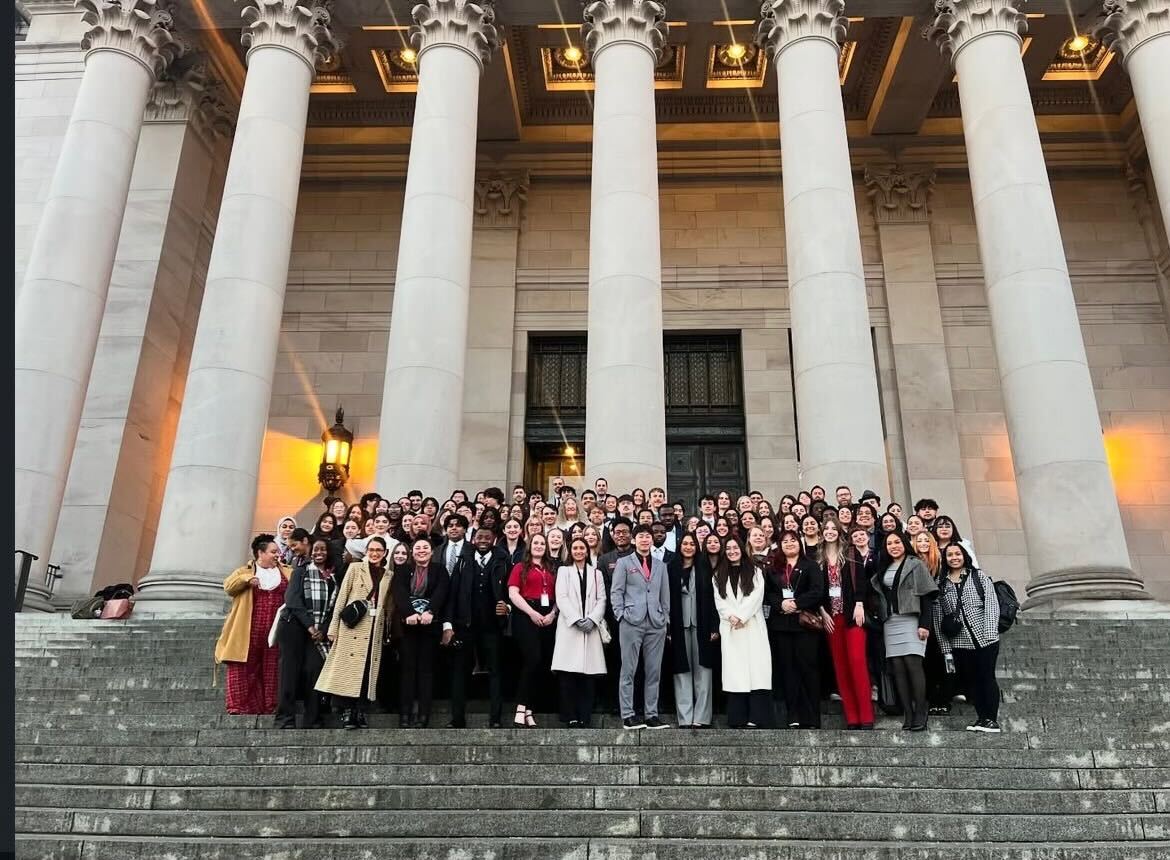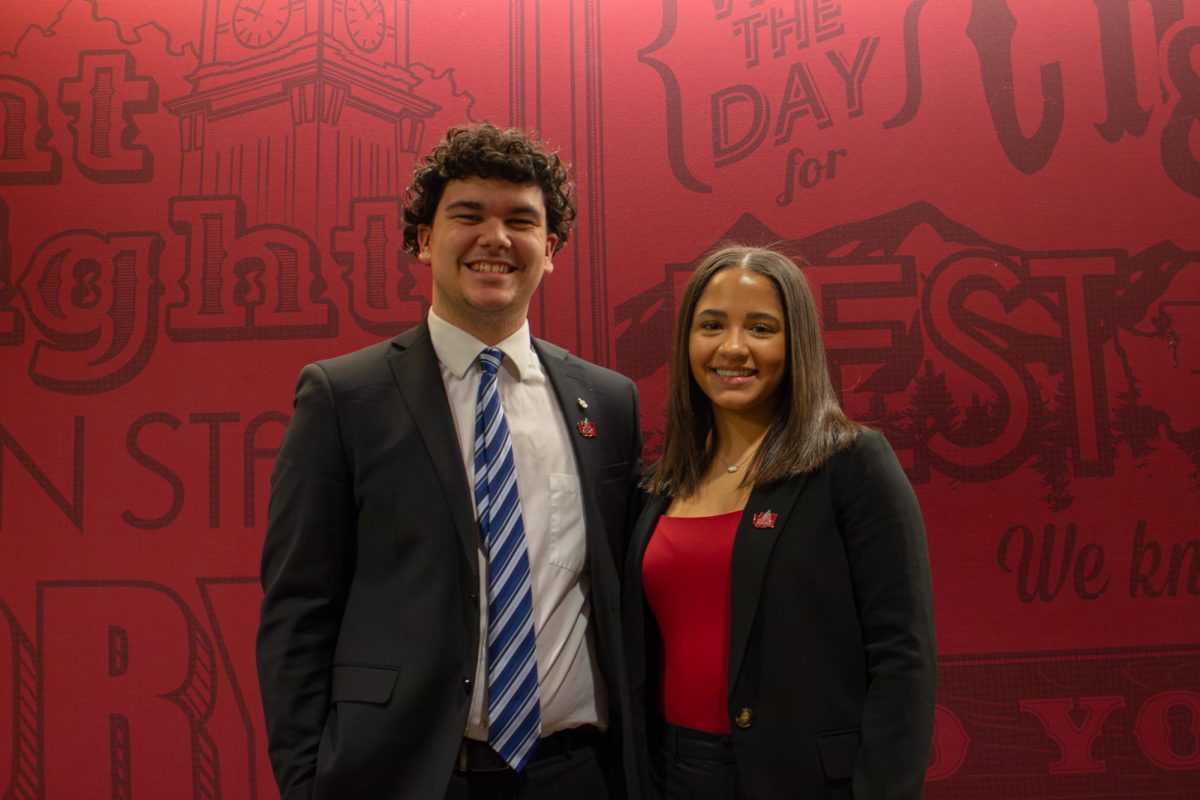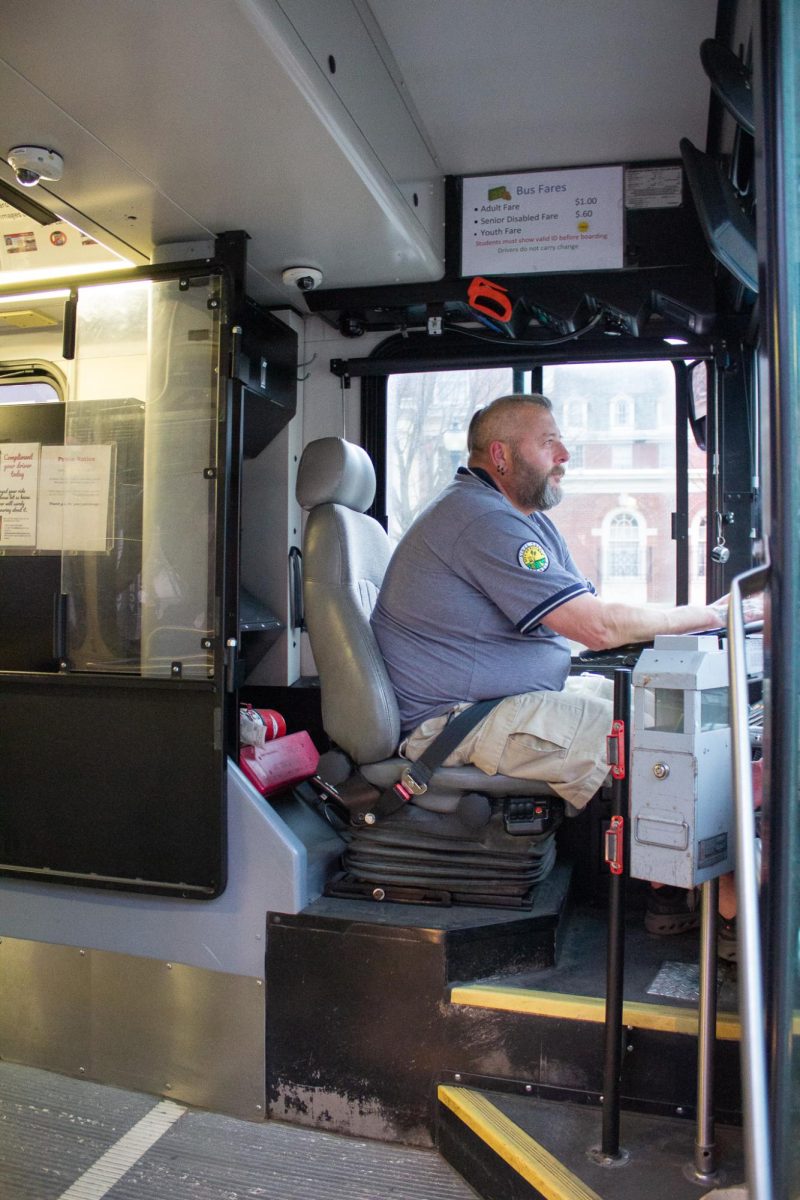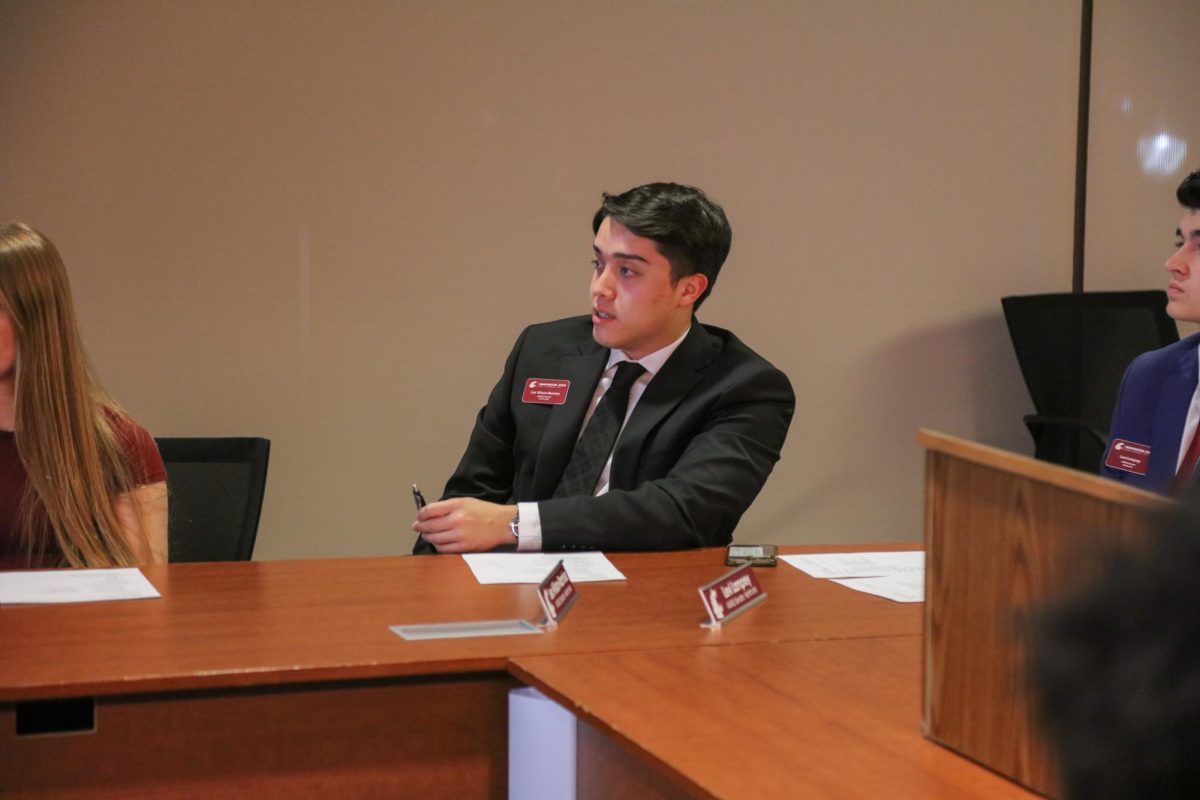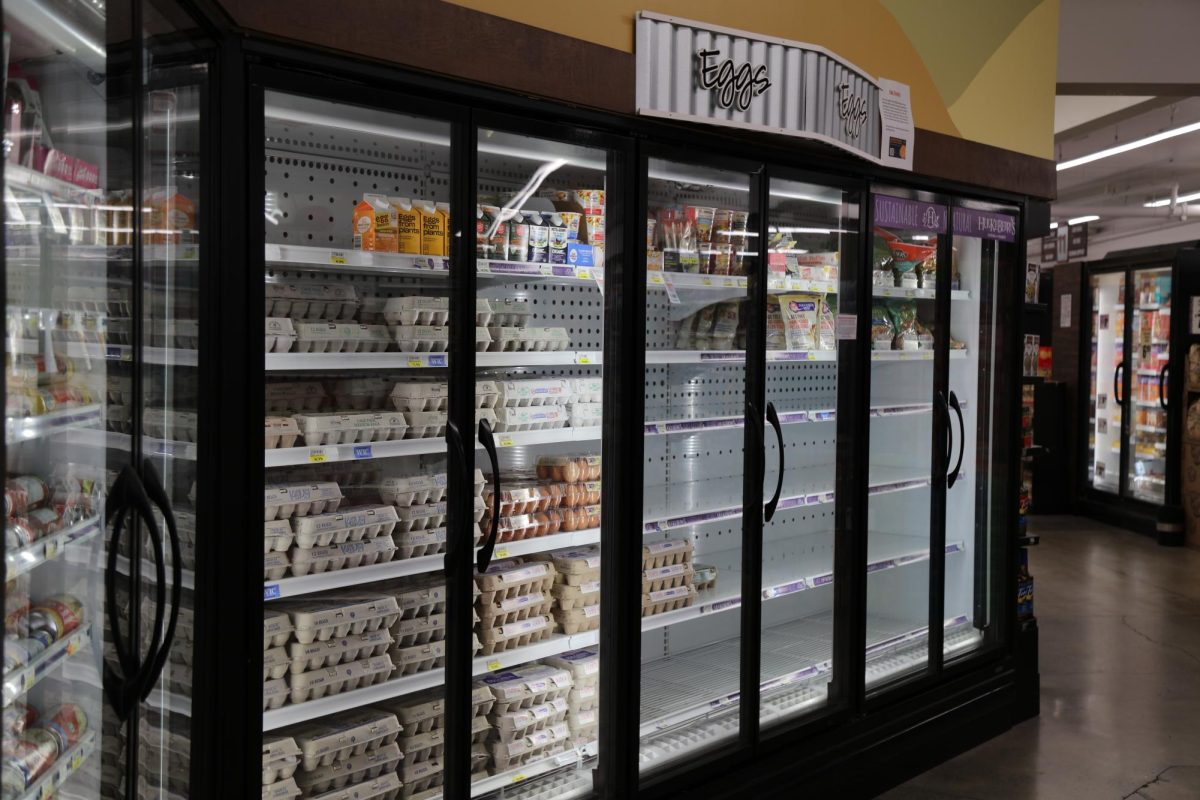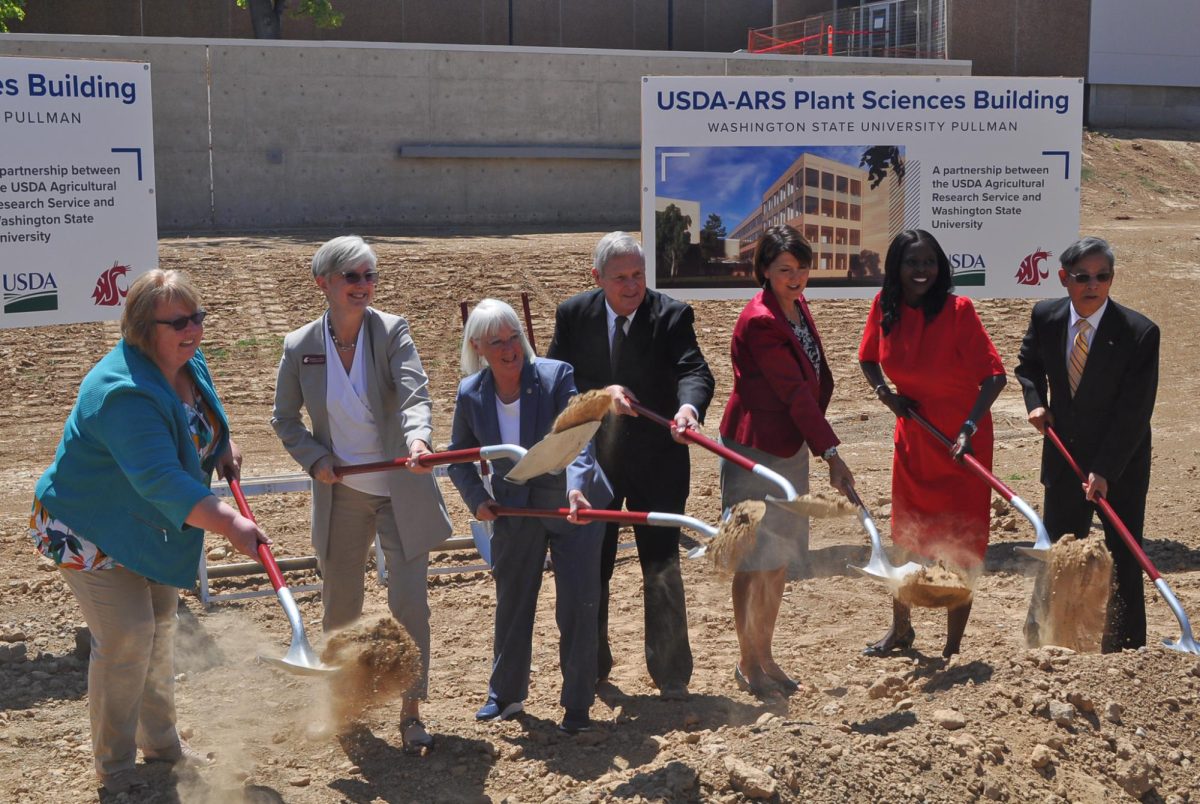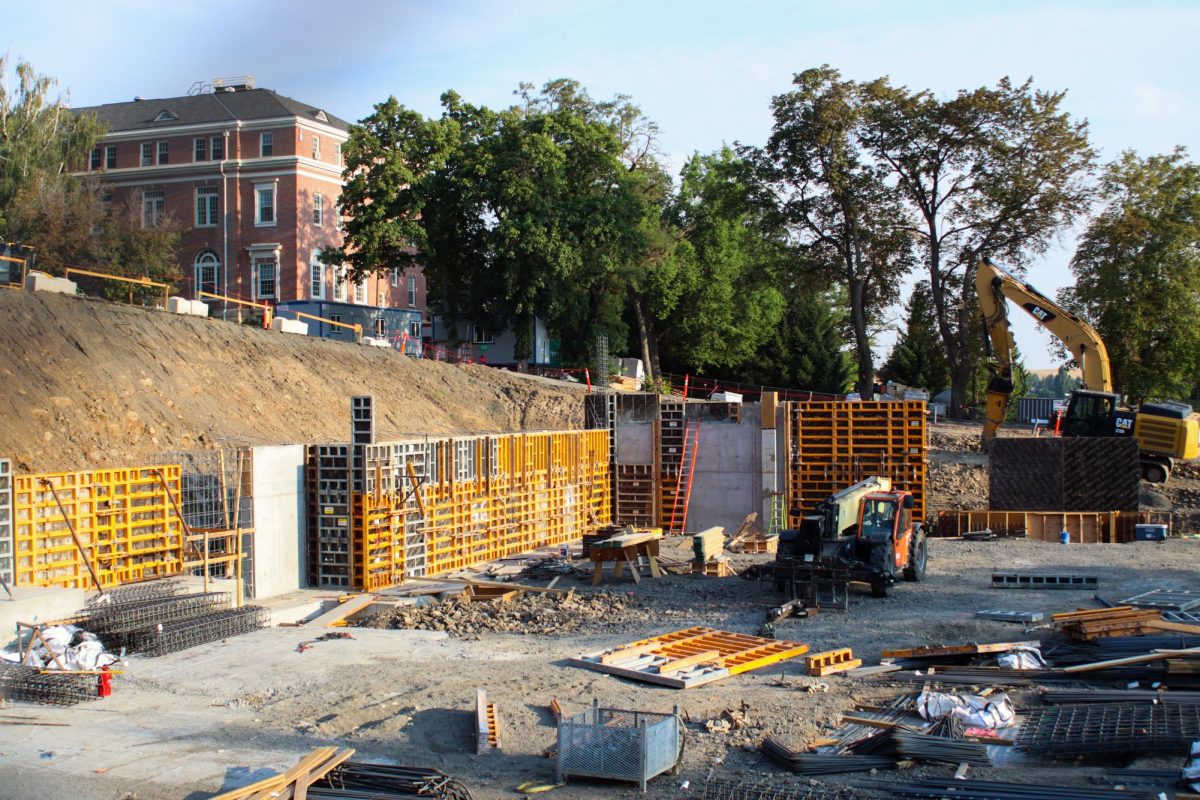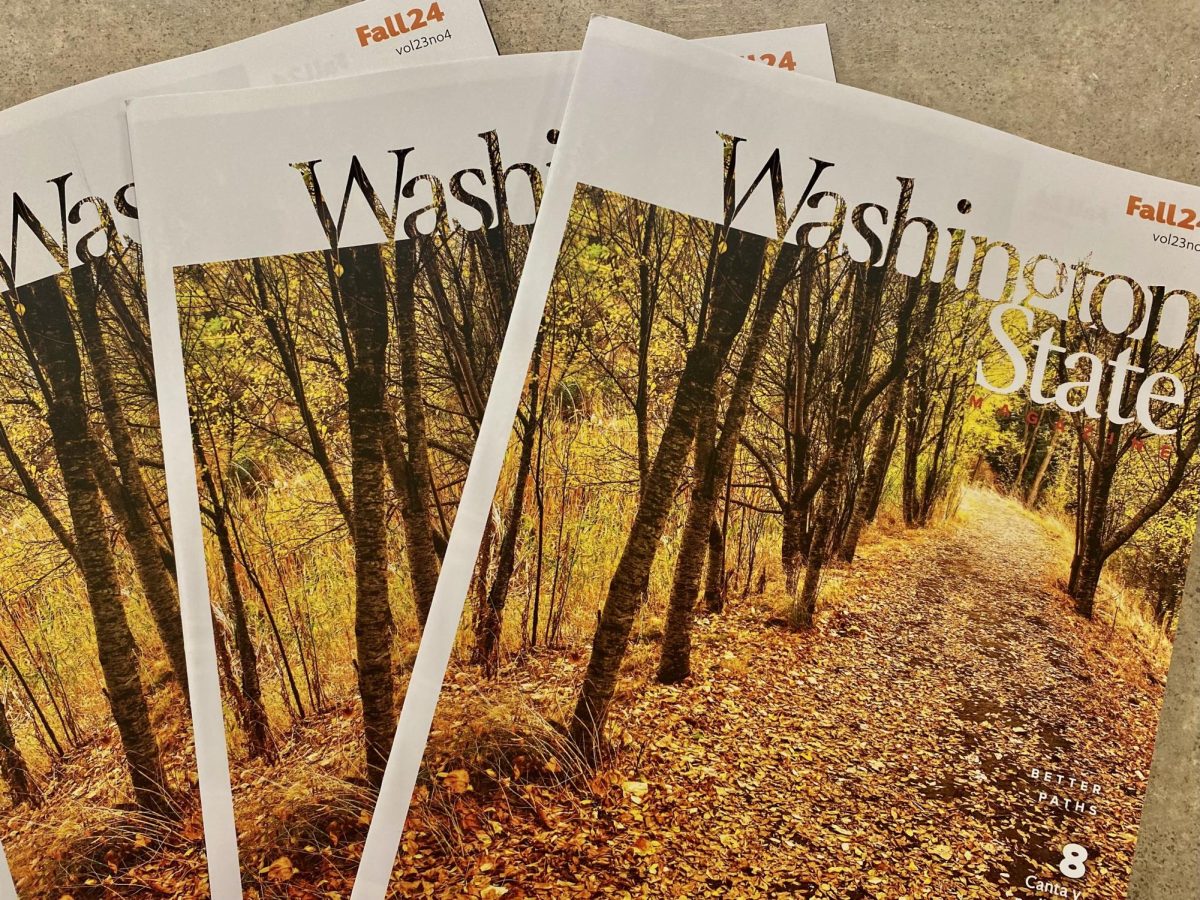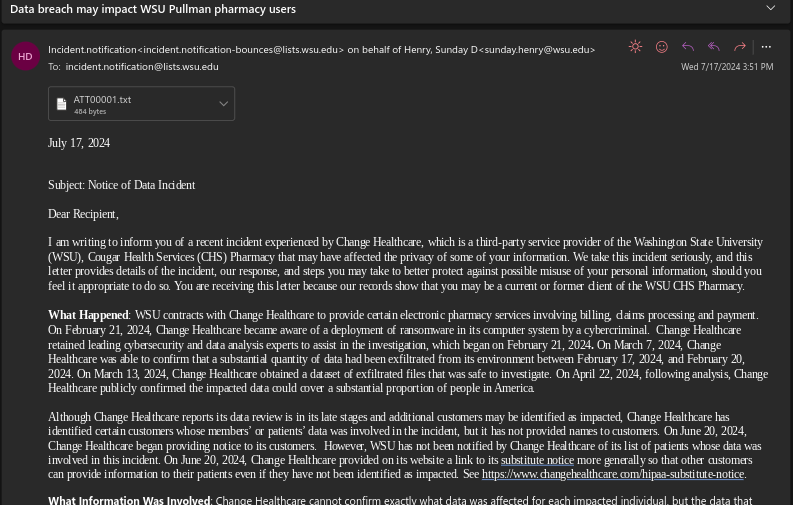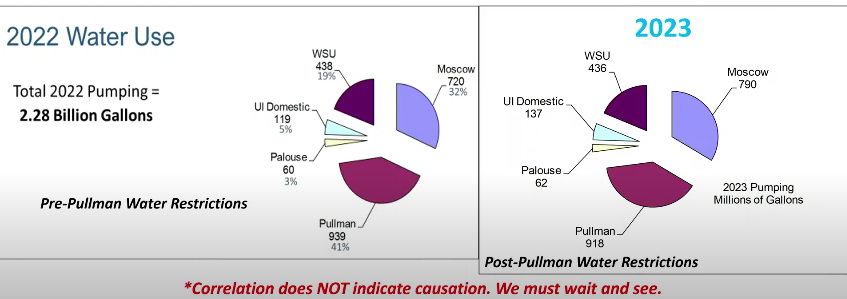ASWSU Vice President Maccabee Werndorf said the Senate did not follow the proper process when they approved a 5% mandatory fee increase for the Chinook during their previous meeting.
The UREC advisory board initially proposed a Chinook fee increase to the Senate to combat operating inflation costs and reduced enrollment. During the next Senate meeting on Nov. 15, the increased fee was unanimously approved by all senators due to a misunderstanding of the current ASWSU bylaws.
Werndorf said ASWSU and the UREC advisory board thought the Senate had the authority to change student fees on the Senate floor freely and realized that they misinterpreted their bylaws.
“As of right now, there is nothing going forward because our bylaws restrict us from approving that fee without a referendum,” Werndorf said.
The route going forward has to be pursued by a senator who would write a referendum addressing the fee increase, he said. The legislation would need to be unanimously passed by the Senate to move onto the ballot for the general election which is stated in their bylaws.
Werndorf said that even if the fee increase was passed this semester, it would not go into effect until the fiscal year 2024.
Grant Rickard, UREC advisory board chair, said WSU has not increased the Chinook fee since 2017 when the building first opened.
“That didn’t account for inflation, the cost of labor, and the cost to keep the facility running,” Rickard said. “So, with the declining enrollment and increased costs, increasing the Chinook fee was the best fit we had.”
Rickard said preserving services to students was a deciding factor in the fee increase and that alternative options would lead to severe cuts of facilities and limiting important resources to students. Without the fee increase, the Chinook would lose full days of operation.
“One of the things we talked about at the senate meeting was that without the fee, it was beginning to look like we would have to be closed on the weekends,” Rickard said. “That is a really crucial time when a lot of students use the Chinook.”
There was a discussion about the percentage increase and 5% is what was voted on as a collective university advisory board, he said.
Rickard said the fee increase won’t solve the issue of declined enrollment or inflated costs completely but it is a step in the right direction for the UREC to preserve service for its students. The Chinook still plans to cut 20 hours a week, including potential summer closure even with the increased fee. The fall semester fee will go from $80 to $103 and the summer fee will go from $59 to $62. It is undecided if students will be charged the summer fee if the Chinook closes for that semester.
The reduced hours would look like a delayed opening time or an earlier closing time, and not any sort of break in the middle of the day when the Chinook is most used, he said.
ASWSU Pro Tempore Tania Henriques said the fee increase would go into effect for the next fiscal school year of 2024. The Chinook collected $610,922 less in 2023 than in 2017.
“Since 2017, the impacts of inflation include an increased minimum wage rate of 42%, increased salary rates by 11%, increased benefits by 22% and increased goods by 20%,” she said. “This means the Chinook would face serious financial issues — resulting in closure — without the fee increase.”
ASWSU understands that many students struggle financially and worry about the rising costs of tuition, Henriques said. She said ASWSU approved of the UREC’s price increase due to the benefits it provides for WSU students.
ASWSU looks to begin the legislative steps required to pass the Chinook fee increase in the spring semester of 2024.


